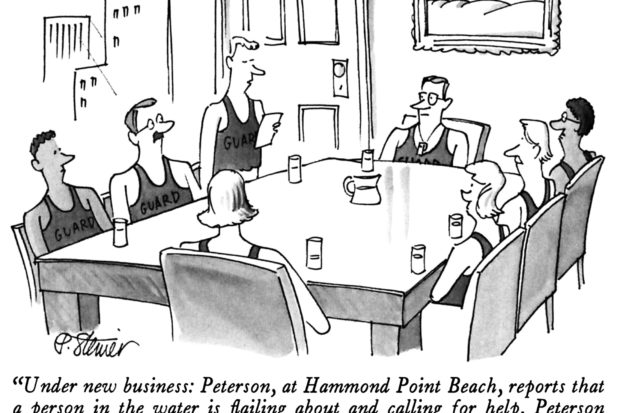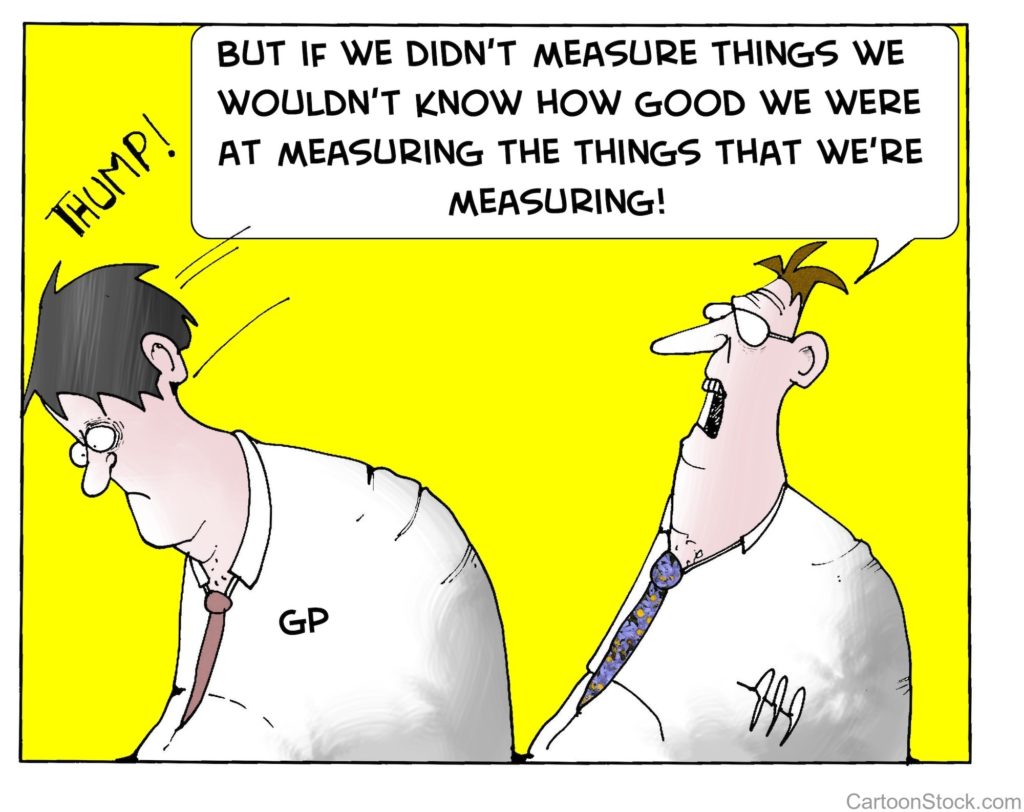
By Paul Thomas Jackson
(Editor’s note: This article is the first of a series.)
A unique attribute of the Fresno Homeless Advocates (FHA)—stated in its written introduction to public officials1—is our focus primarily on social reform and secondarily on challenging unjust decisions made by public officials. As the FHA develops oral advocacy, we do well to expand our understanding of the significance of this attribute.
Advocacy can take place in different domains, each having its own set of constraints. To us, the term domain doesn’t so much refer to our online presence, although the Internet also uses the word domain and our Facebook group remains our primary outreach tool.
Domains are our spheres of collaborative activity. This activity includes our preparation for, and delivery of, our advocacy of the concerns and interests of homeless people. It’s homeless advocacy, which translates to advocacy of a home-full community, a better, more livable one for all of its residents.
Solving homelessness is the chief, but not sole, interest of homeless people.2 When assembled, the FHA members are primarily concerned with preventing homelessness.3 (In our personal time, we engage in homelessness intervention.) It’s crucial our message be tailored to the participants in a particular domain, the people with whom we seek to collaborate.
Our first or principal domain is ruled by entirely other individuals. In fact, it’s each person’s mind, the individual’s set of cognitive faculties that include consciousness, perception, thinking, judgment, language and memory. The human mind holds the power of imagination, recognition and appreciation.
As we agree to share an experience with people whose political views might differ from our own, we respect their mental powers and appreciate the precious opportunity they give us. We appreciate the chance to serve the whole community as agents seeking to change it for the better through the facts, reason and moral suasion we offer.
The remainder of this series is devoted to this domain, which, unlike the others, is metaphysical. Within it, we find ourselves together in community, whether we’ve fully realized this fact or have yet to. Aristotle wrote that humans are, by nature, social.
All faiths recognize the Golden Rule in one way or another. As Communitarians, we homeless advocates are apt to say, I am not me without we. Both our individuality and our community are essential to our identity as humans.

The seven other domains that will follow in future issues of the Community Alliance are all physical. They’re governmental and nonprofit organizations. They, too, are made up of people who happen to hold important offices affecting a homeless hotspot like Fresno. It’s true they need to look beyond their immediate status to collaborate with other stakeholders in any hotspot, so they can help make it less “hot” and more humane and livable for all. They’re points of access to government or resources for advocacy.
In this exploration of our domains, those that follow aren’t the human mind. They’re creatures of government or other human effort. Though one of them says “In God We Trust,” its characteristics are quite physical and its powers are constrained by man-made law.
Leaving that (City of Fresno) for later discussion, we take up the community (city of Fresno), whose residents’ minds might or might not choose to trust in anyone or thing but their own best judgment. Ultimately, it’s Fresnans’ hearts and minds that determine how long the community will remain a homeless hotspot, and how soon we will attain “homefullness” (a functional end to homelessness). If public and nonprofit actors here did their utmost to functionally end it, but slumlords, meth dealers and unflinching believers in Not in My Backyard (NIMBY) kept insisting otherwise, only the community could overcome those bad actors.
Many a homeless advocate feels inclined to sit out or ostracize the NIMBYists. Yet the case is they ostracize us by reason of their sizable numbers. At any rate, the notable psychologist Kurt Lewin, writing of social change that’s necessary or desirable, was well aware some people’s mental attitude might stand in its way.4 He found the people closest to any change must be involved in the change so that it can be effective.
Despite many years of mistreatment done in our name, acts of cruelty described by Mike Rhodes, homeless people will recover hope when they have a viable option to live in humane conditions. They’ll prove the “Village of Hope” means what it says as the mainstream community refrains from further unconstitutional acts, disrupting their encampments only as necessary to protect the public from infectious diseases.
NIMBYists are, perhaps, closest to the desired change, since they deter it. Homeless advocates are also close to it: We’ll do well to refrain from condemning government for doing what’s absolutely necessary to protect the public health.
Nor do we cast aspersions on a NIMBYist merely for not partaking in our vision that he might have some reason to be leery of. Particularly one who’s of modest means and angry over a theft or vandalism he suspects was committed by homeless people.
Are we ever going to emerge happily from the homeless status quo? Or are we condemning ourselves to remain in a vicious circle? A NIMBYist might question his own integrity if he gloats over the awful living conditions of some unsheltered people, or if he scorns every effort toward social reform that is clearly needed in our community.
As we address a NIMBYist, we respect the fellow human being’s consciousness, perception, memory, and thinking and judging abilities. And we gently challenge whatever misapprehension he or she might be laboring under.
We respect the mental powers held by every individual, like ourselves, to recognize the essential facts and understand the true nature of the local crisis of homelessness. We humbly admit we knew less about homeless advocacy before we listened to videos of highly experienced homeless advocates giving their TEDx and other talks at our member meetings. With that admission, we are also humbled by the opportunity to share learning with other people, however far they’ve come along in their understanding of the complex issues surrounding homelessness.
We listen to those NIMBYists who’ve had trying experience involving homeless people on or near their property, knowing that through listening we strengthen the whole community. At first, the NIMBYist may be startled to learn an avowed homeless advocate is willing to listen. Our patience, concern, and gentle suasion may soon disarm them, unraveling pent up emotions. We do not dismiss but simply affirm the genuineness of reasons stated for some of their anger about homelessness. We gratefully accept every opportunity to offer our knowledge, insights, and opinions on the crisis; its causes, both structural and personal; and the means a former homeless hotspot employed to address its crisis.
*****
Paul Thomas Jackson is secretary of the Fresno Homeless Advocates (FHA), which has a public group on Facebook and holds in-person meetings in public on the third Sunday of the month. Membership in the FHA is open to anyone demonstrating a serious interest in homeless advocacy.
Footnotes:
- Fresno Homeless Advocates (www.facebook.com/groups/helpfresnoshomeless/learning_content/?filter=2166038406950485&post=2248252321909921).
- Ibid., Standing Rule 7(c) (www.facebook.com/groups/helpfresnoshomeless/permalink/1781767601891731/).
- Ibid., Ten Consensuses, par. 10.1.
- See Eric B. Dent & Susan Galloway Goldberg. Challenging “Resistance to Change.” Journal of Applied Behavioral Science (March 1999), 25–41. “For Lewin, resistance to change was a systems phenomenon, not a psychological one (although the psychology of the humans in the system certainly is an element of the total system) (p. 31).
